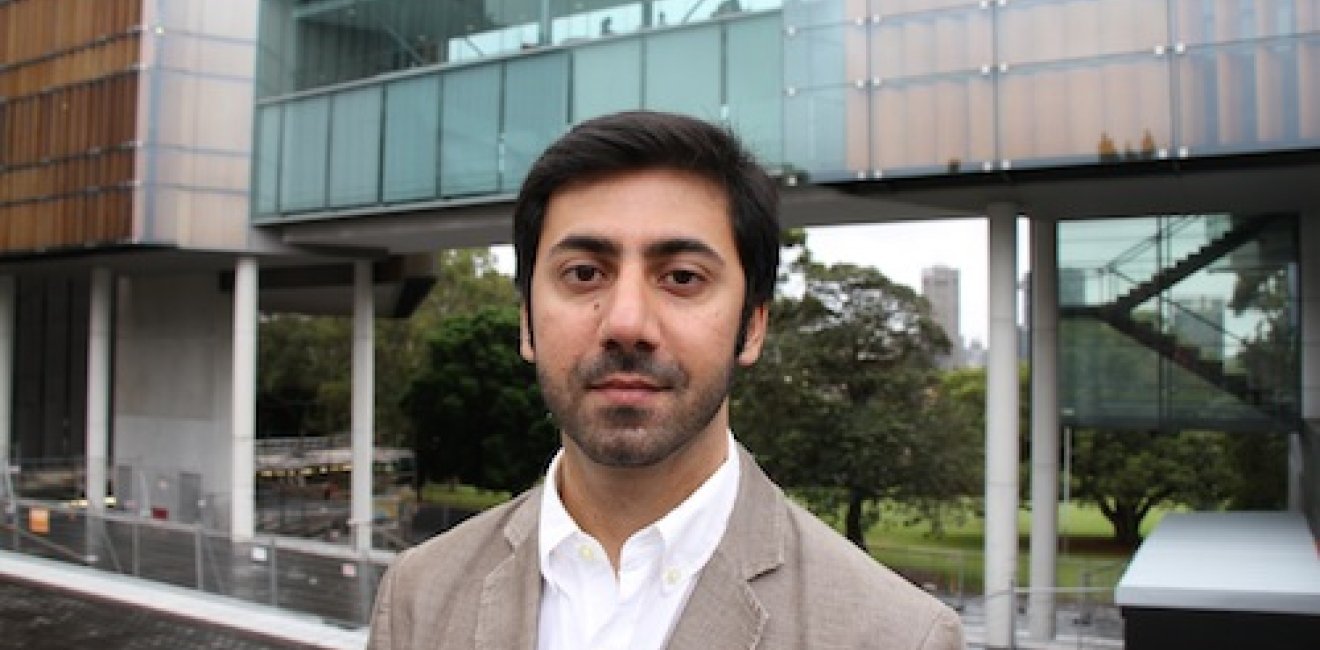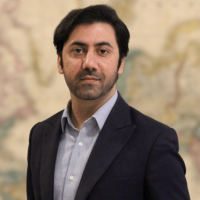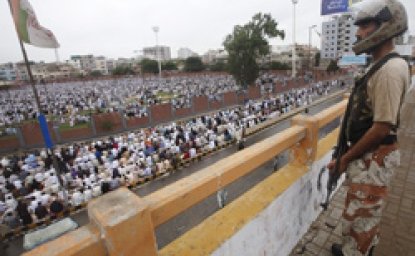Hussain Nadim, the current founding director of the Peace and Development Unit of Pakistan's Ministry of Planning Development and Reforms, and former visiting scholar at the Wilson Center's Asia Program, has been recognized as one of the 30 Under 30 Global Leaders in Law and Policy by Forbes Magazine. Forbes Magazine has recognized Nadim for his work consulting "the military and security agencies of Pakistan on de-radicalization and counter-terrorism issues."
Hussain Nadim joins notable 2015 30 Under 30 alumni, Howard Buffett, Professor at the School of International and Public Affairs at Columbia University and the Honorable Dr. R. David Edelman, Special Assistant to the President for Economic and Technology Policy.
Nadim's areas of research at the Wilson Center included counter-terrorism and counter radicalization of the Afghanistan and Pakistan region, U.S.-Pakistan relations, and electoral politics of Pakistan. While at the Wilson Center's Asia Program, Hussain Nadim undertook a research project, 'Mapping Radicalization in Pakistan', to identify the common threads in the making and radicalization of militants in Pakistan, highlighting the key factors of radicalization in Pakistan such as isolation, Jihadist propaganda and low rates of formal education, as well as analyzing the shift from pan-Islamism towards psychological fear in recruiting strategies.





